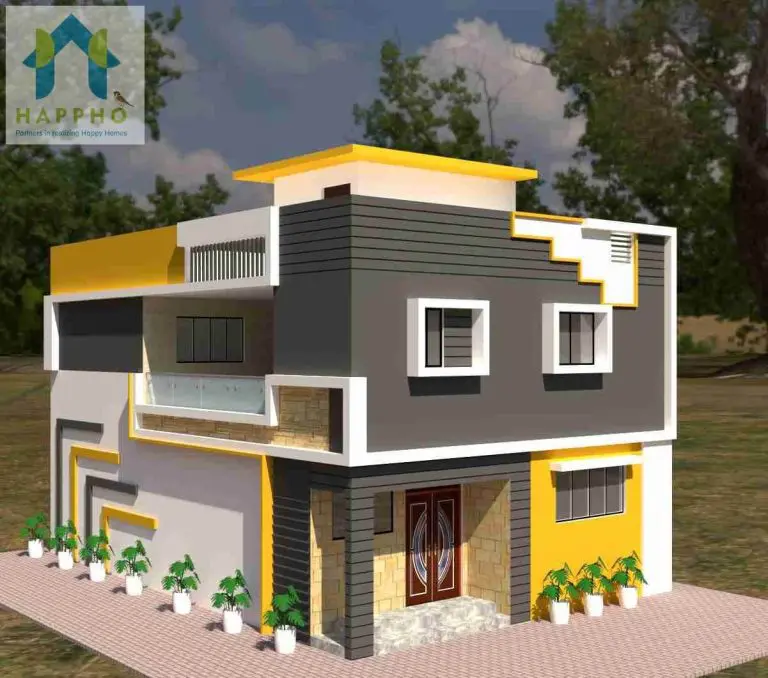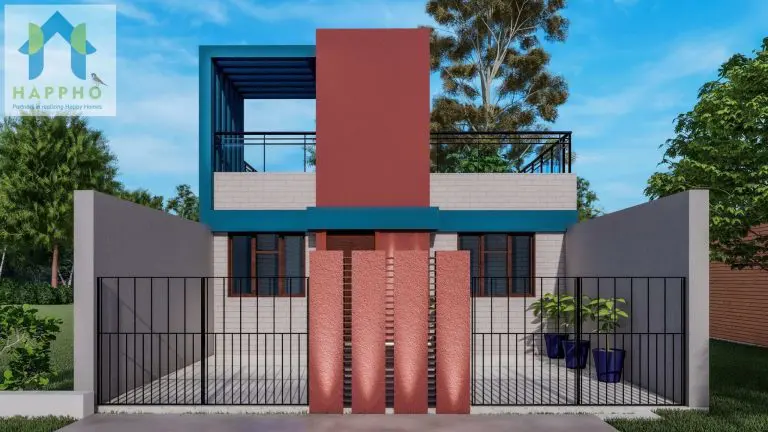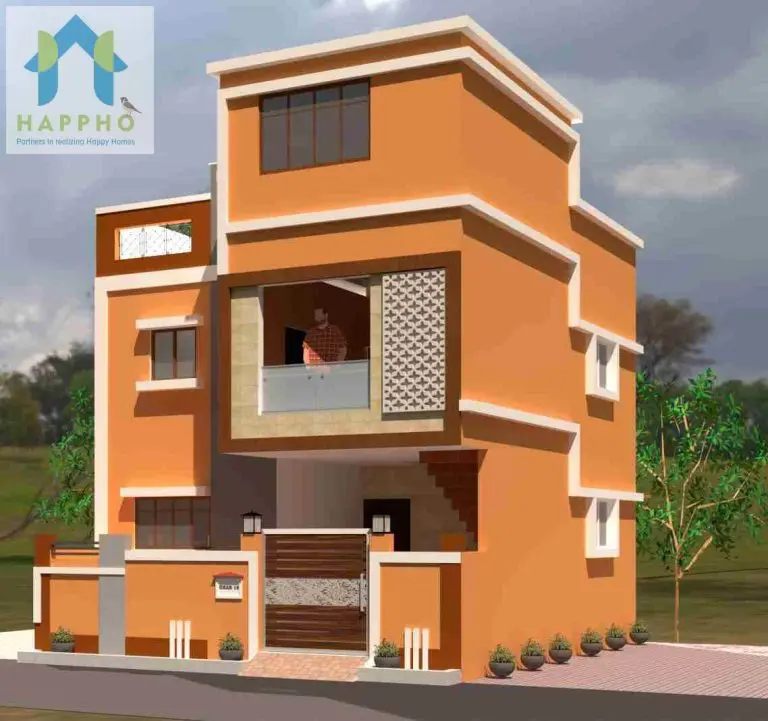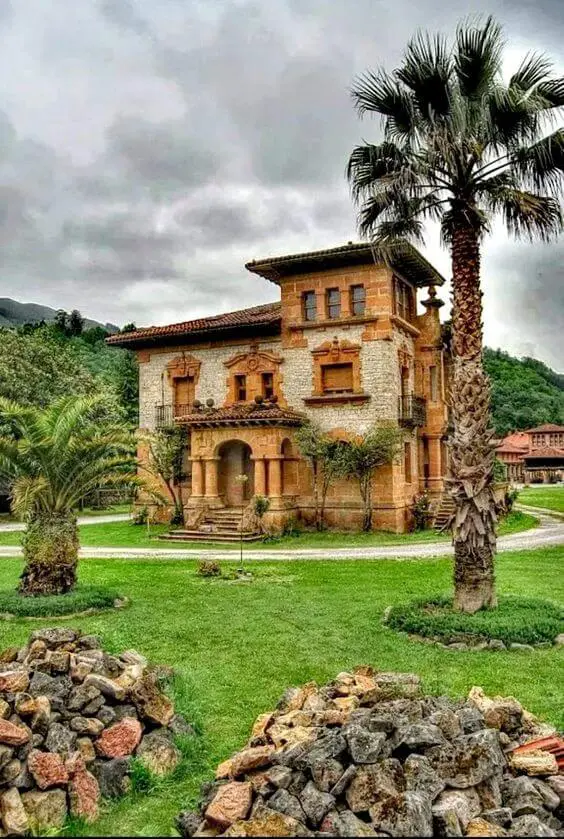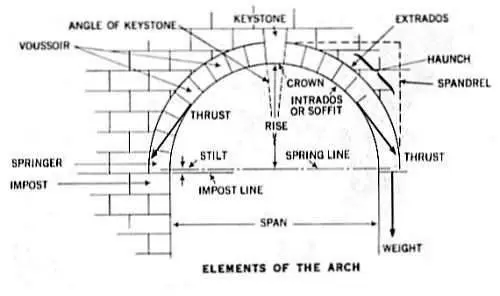There can be so much variety when it comes to flooring options for the home alone. Stone, porcelain, vinyl – the list goes on and on. Each flooring type has its own yays and nays associated with it. Flooring, in fact, can really either make or break the look and charm of any space of the house.
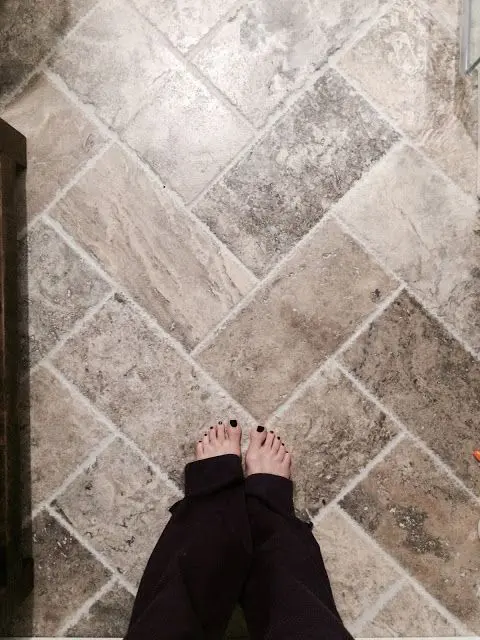
What is very important hence is the decision in terms of colour schemes, materials and size of flooring. Colour schemes can be dealt with easiest. The size of flooring can also be determined with respect to what kind of space you want it to feel like – spacious, cosy? What really needs further inspection and observations is the choice of material.
Travertine flooring is a type of limestone flooring that roots back to mineral deposits. Commercially, it is available as tiles of varied sizes and colours. The most common colours are the neutrals and earth colours. Travertine flooring has a unique charm of its own and is suited to specific ambiences.
Pros of Travertine Flooring
1. Long Lasting
Travertine flooring requires some amount of regular maintenance and safe use. If properly maintained, travertine flooring can last for decades on the end. With time, the stone seems to age and weather, but this only adds to its subtle charm and appearance. The weathering too can be prevented by application of a stone sealing agent at regular intervals.
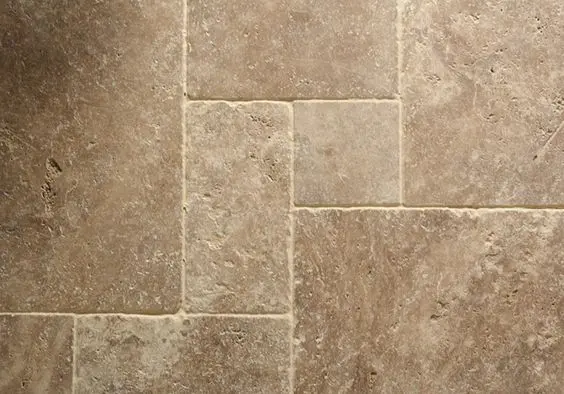
2. Very Charming
Travertine is a natural stone, which already speaks tons about its charm as a flooring material. Available in tones of earth and neutral colours, travertine flooring adds a sense of subtlety and age to the space. The uniqueness of each piece is delightful and the mild tones ending up in swirling effects on the surface work wonders.
3. Durable and Resistant
Travertine being a natural stone is quite hard and resistant to damage. The weathering that occurs with time only adds to the subtle appearance of the tiles. Polishing renders greater liability to damages by scraping, while the natural textures are quite impervious to impairment.
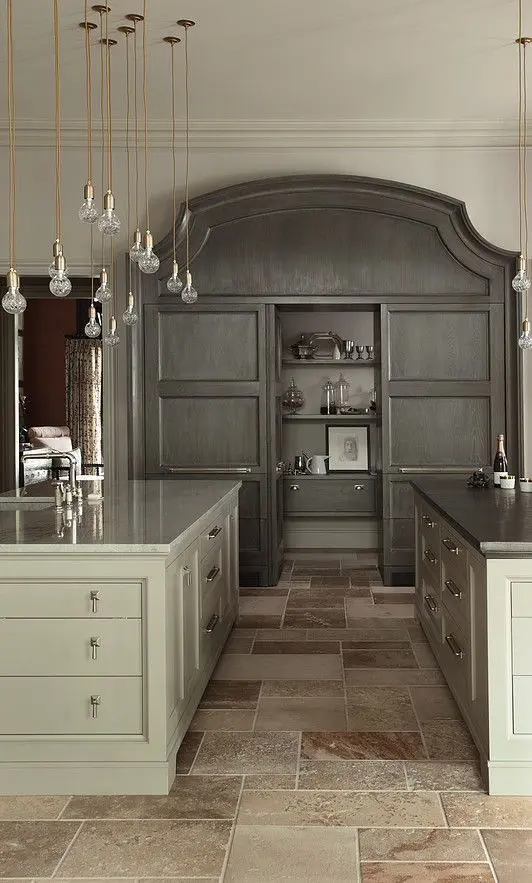
4. Easy Repairs and Replacement
If you end up damaging a tile, it is quite easy to repair it or get it replaced. You only need to make sure you have stock of similar coloured tiles, which is why you should always buy some extra ones right from the beginning.
Cons of Travertine Flooring
1. Maintenance not that simple
Travertine flooring though long lasting, requires regular maintenance which is a bit complicated. Travertine floors have microscopic apertures on their surface. This allows for spilled liquids to percolate into the pores causing them to ooze into the material. This must be resolved with the application of a penetration sealer and a barrier surface sealer.
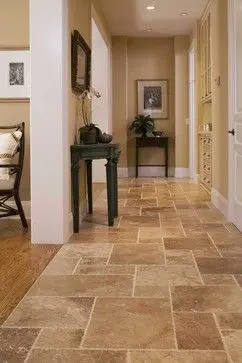
2. Heavy
Travertine floor tiles are quite heavy, which makes the process of transportation and installation a tad bit difficult. It makes the entire process take a little more time than usual. Also, it poses concern for the structural considerations as well.
3. Uneconomical
Travertine flooring tends to be a bit expensive compared to other flooring materials. Apart from the cost of the floor tile itself, the installation and transportation costs also tend to be high owing to the heaviness of the tile and the professional skills needed for its installation.

